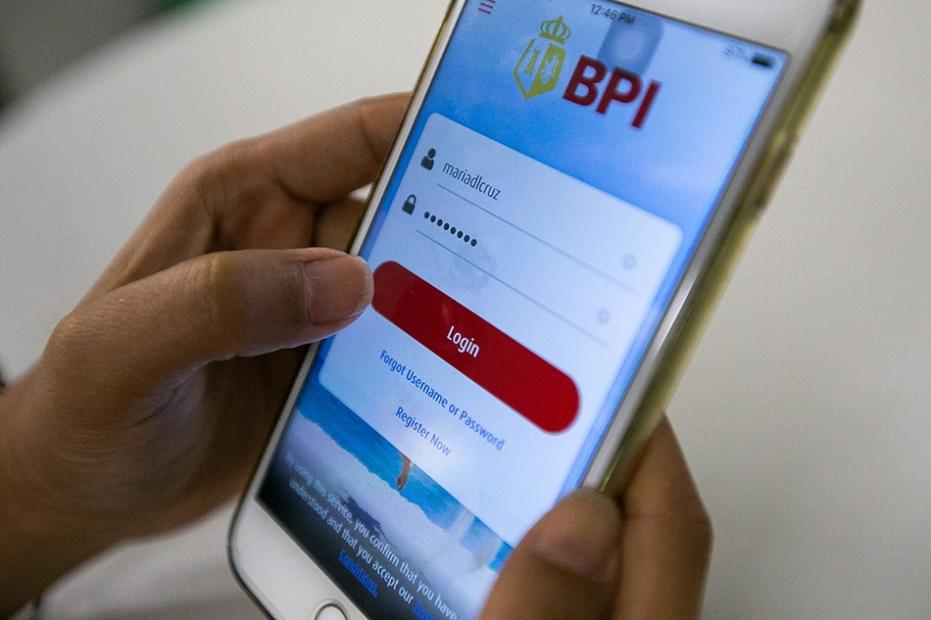How Can I Compare Money Transfer Fees to Get the Best Deal?
Sending money abroad can be a costly affair, especially if you're not careful about comparing money transfer fees. By taking the time to compare fees, you can save a significant amount of money and ensure that you're getting the best deal possible.

Understanding Money Transfer Fees
Money transfer fees are charges levied by money transfer providers for sending money abroad. These fees can vary depending on the provider, the amount being transferred, the destination country, and the urgency of the transfer.
There are three common types of money transfer fees:
- Transfer fees: A flat fee charged per transaction.
- Exchange rate margin: The difference between the mid-market rate and the rate offered by the provider.
- Additional fees: Charges for specific services like express transfers or weekend transfers.
Factors To Consider When Comparing Fees
When comparing money transfer fees, there are several factors you need to consider:
- Amount being transferred: Fees may vary based on the amount transferred. Some providers offer lower fees for larger transfers.
- Destination country: Fees can differ depending on the country where the money is being sent. Some countries have higher fees than others.
- Urgency of the transfer: Express transfers typically come with higher fees. If you need the money to arrive quickly, you may have to pay a premium.
- Preferred payment method: Fees may vary depending on the payment method used (e.g., bank transfer, credit card). Some providers offer lower fees for certain payment methods.
Strategies For Comparing Money Transfer Fees

There are several strategies you can use to compare money transfer fees and find the best deal:
- Use online comparison tools: There are several online comparison tools that allow you to compare fees from multiple providers. These tools can be very helpful in finding the best deal.
- Contact multiple providers directly: You can also contact multiple providers directly and ask for fee quotes. This is a good way to get a better idea of the fees charged by different providers.
Additional Tips For Saving Money On Money Transfers
In addition to comparing fees, there are several other things you can do to save money on money transfers:
- Consider using a provider with no transfer fees. Some providers offer no-fee money transfers, which can save you a lot of money, especially if you're sending large amounts of money.
- Look for providers with competitive exchange rates. The exchange rate margin can have a significant impact on the cost of your transfer. Look for providers that offer competitive exchange rates.
- Avoid using express transfer services unless necessary. Express transfers typically come with higher fees. If you don't need the money to arrive quickly, you can save money by using a slower transfer service.
- Send larger amounts less frequently. The more frequently you send money, the more fees you'll pay. Try to send larger amounts less frequently to minimize fees.
- Explore alternative money transfer methods. There are several alternative money transfer methods available, such as peer-to-peer platforms. These methods can often be cheaper than traditional money transfer services.

By following these tips, you can save a significant amount of money on your international money transfers. Take the time to compare money transfer fees and choose the provider that offers the best deal for your needs.
YesNo

Leave a Reply